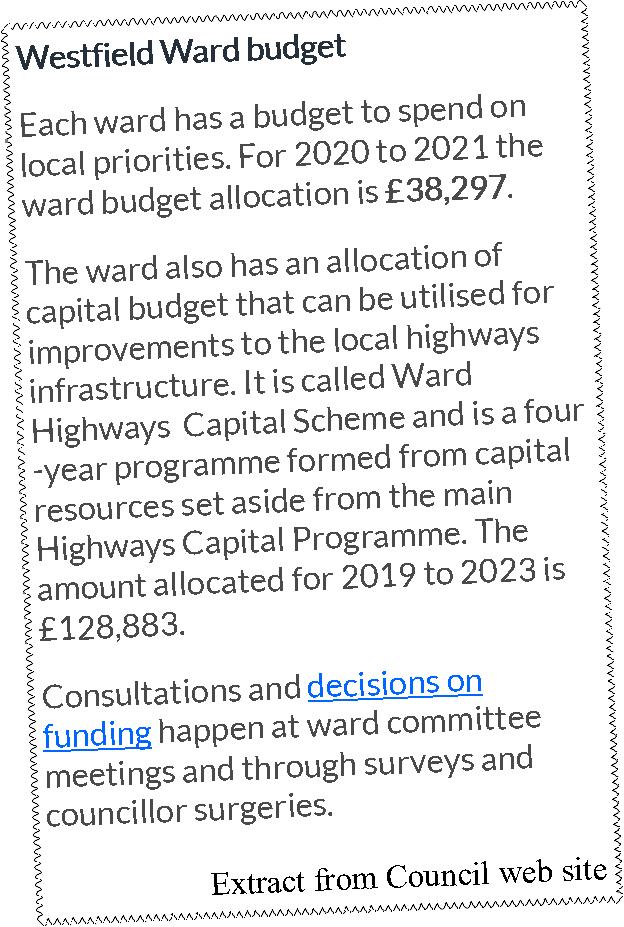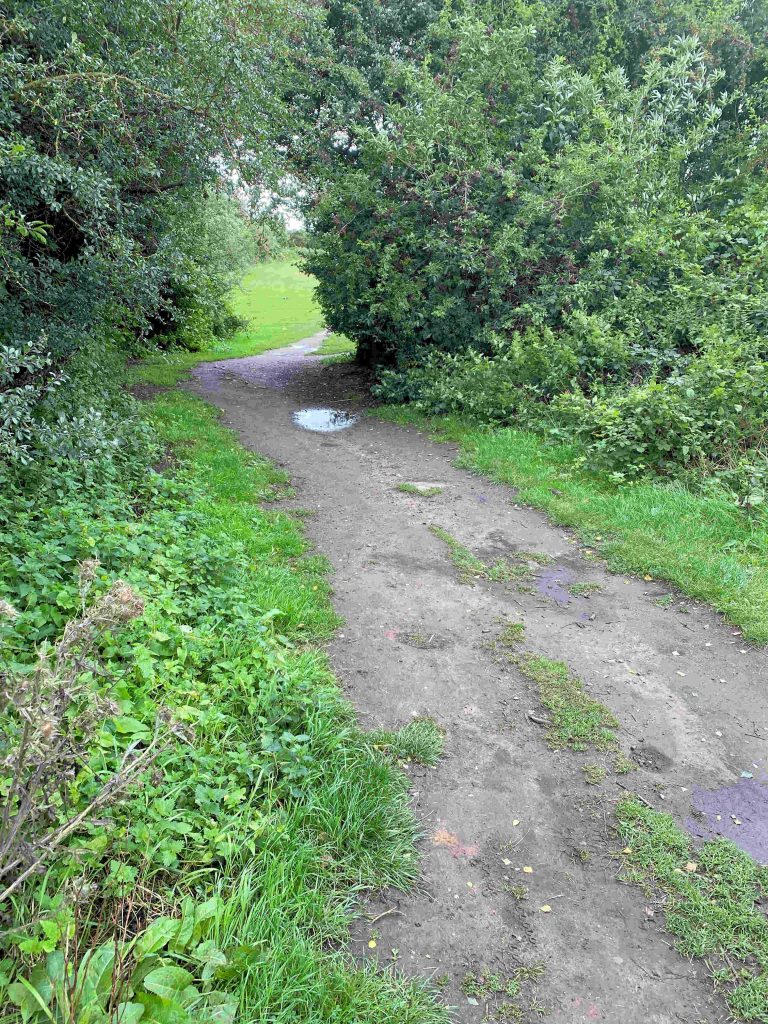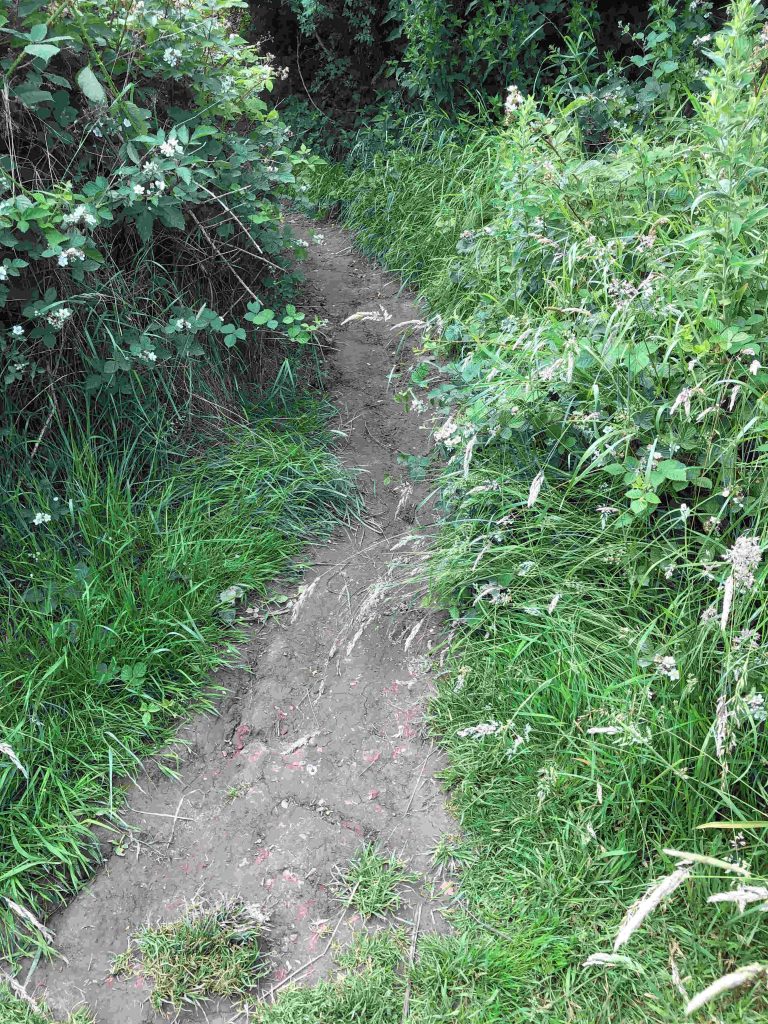We are very much in favour of giving local communities the opportunity to influence how resources are used in their area.

Delegated ward budgets, therefore, were a step in the right direction.
The Council allocated £1 million to be spent at ward level. Typically the Westfield ward (which is larger than most wards) has nearly £40,000 a year to spend.
The expectation was that there would be an opportunity for residents to put forward schemes for consideration and – as has happened in the past – for a public vote on priorities to take place.
Obviously the health pandemic may have affected the ability of some ward Councillors to fully consult on a door to door basis. We would, however, expect much more use to be made, by the Council and ward councillors in particular, of social media and noticeboards to stay in touch with local communities.
A whole raft of new schemes using this budget have been authorised today click
A list of schemes approved for 2019/20 can be found by clicking here Several schemes, including action to prevent fly tipping, didn’t happen.
Planned expenditure for 2020/21 can be access here
While many of the schemes are uncontroversial, there will be some that may cause raised eyebrows. Mentoring services for young people seems to be the new catch all phrase used to access public funding.
That may be necessary, but taxpayers will legitimately want to know what are the objectives of each scheme and how success is being measured?
They will expect to be able to find out this information without fruitless searches of dozens of pages on the internet.
There was disappointment in west York earlier in the year when it emerged that they would not be getting a share of the delegated cycling and walking budget.
Promised road repairs have also not materialised.
The York Council needs to re-engage quickly


